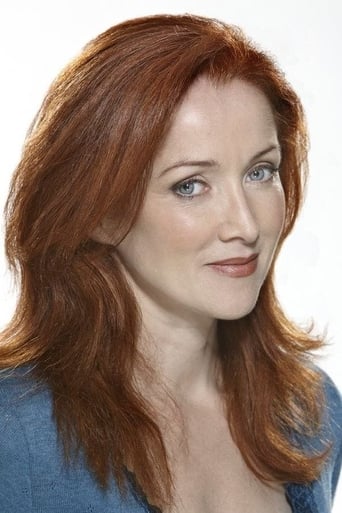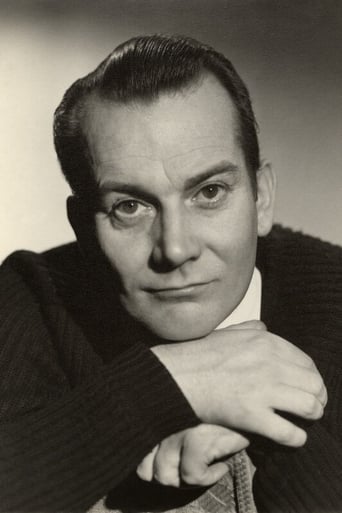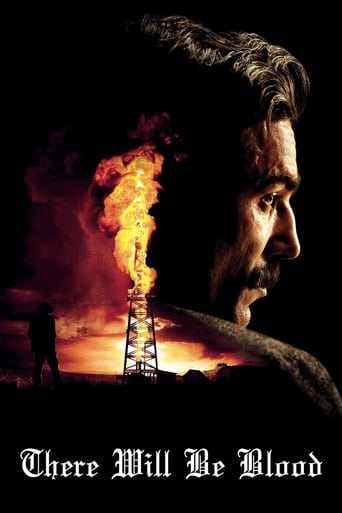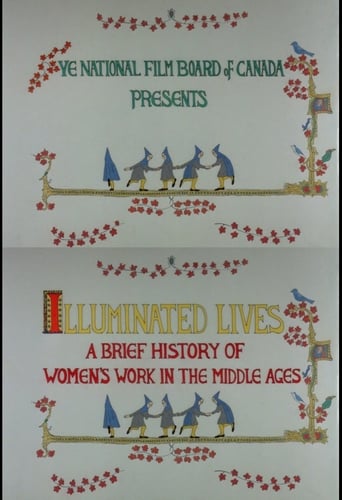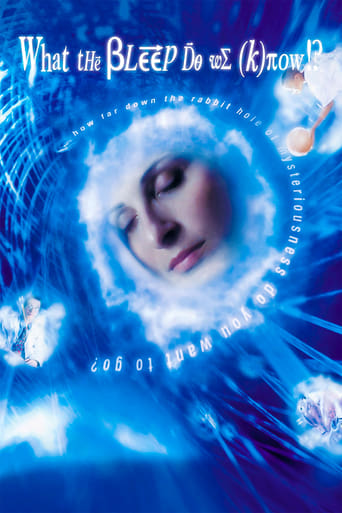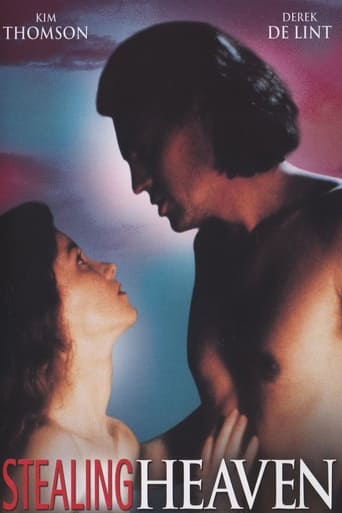
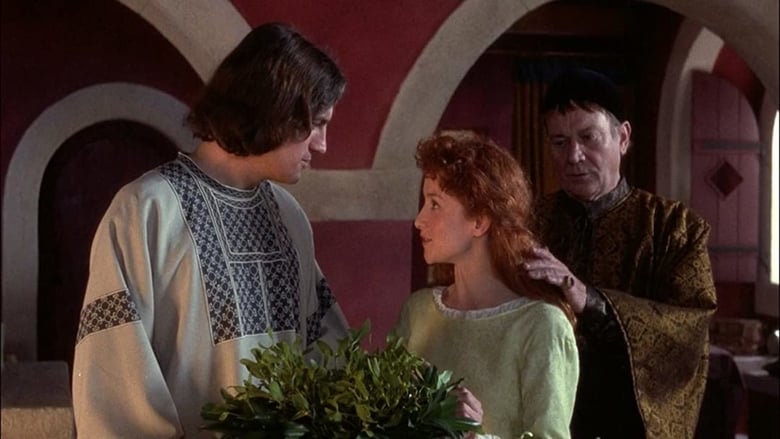
Stealing Heaven (1989)
Abelard, a famous teacher of philosophy at the cathedral school of Notre Dame, falls in love with one of his students, Héloïse d'Argenteuil. A sixteen-year old girl raised in a convent, Héloïse has an intellectual curiosity and rebels against the status of women in 12th century Europe. When others begin to suspect their relationship, Heloise's uncle Fulbert and the bishop of Paris work together to put a stop to it. Héloïse becomes pregnant with Abelard's child, and they are married in secret. Abelard struggles for acting against the will of God, yet is unable to escape his love for Heloise.
Watch Trailer
Cast
Similar titles
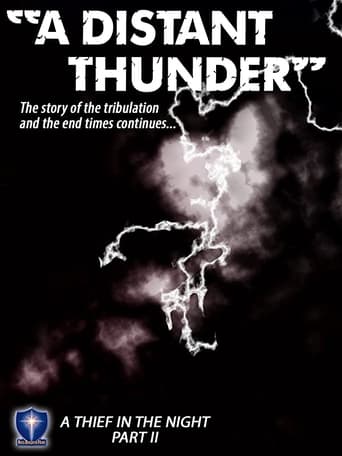

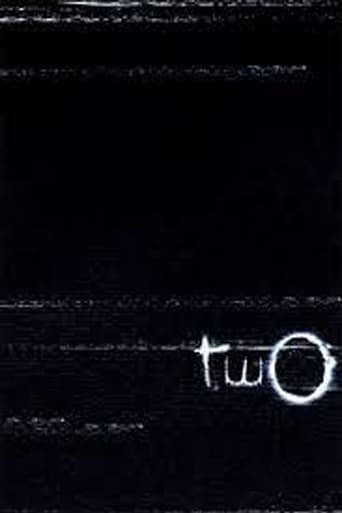
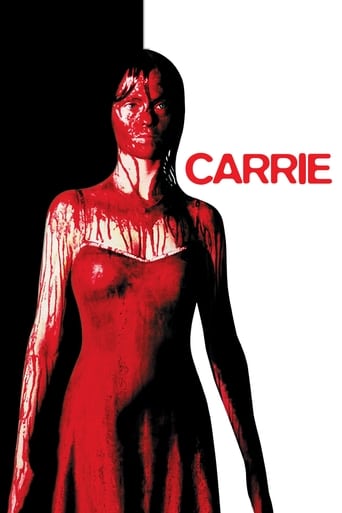
Reviews
In truth, there is barely enough story here to make a film.
The first must-see film of the year.
Although I seem to have had higher expectations than I thought, the movie is super entertaining.
Blistering performances.
I loved the movie, the story was great, the set designs were wonderful and very well done (I'm a history buff and want to say someone really did their research on the set designs, the way the actors were dressed and the use of language in the film (they didn't use any 20th century words). I felt I was back in the middle ages while watching the film. I thought the actors did a great job, the film could not have been improved on at all, this is a keeper, I plan to watch it over and over again. Anyone who loves history like I do will enjoy it. I really enjoy historical films and this is one of the best I've seen in a long time. If you are looking for a great historical film, this is it.
Long and silly would-be masterpiece that focuses on the forbidden 12th-Century romance of French historical figures Abelard (Derek de Lint) and Heloise (Kim Thomson). The first is a noted tutor/philosopher who teaches young men via Catholic doctrines while the latter is a seductive and youthful lady who comes to Paris to live with her uncle (Denholm Elliott of the "Indiana Jones" trilogy fame). Naturally the two have a teacher/student relationship at first, but we all know that their carnal lusts will soon take over with tragic results. Based entirely on fact, the movie plays more like a Shakespearean-styled soap opera of dull situations and duller results. The movie drags at a snail's pace and finally overcomes the novel's meanderings late, but by that time it was too late. Even the art direction and costume design look somewhat cheap and mediocre. 2 stars out of 5.
Spoilers. Abelard is handsome and a great teacher. Heloise (I can't find those accents anywhere!) is a slender passionate young woman with penetrating blue eyes and a mop of Irish-looking wiry reddish hair. "By custom," teachers are supposed to be celibate. The two meet. Uh-oh. Trouble rears its ugly head. By what turns out to be a stroke of really bad luck, Abelard winds up living in the house of Heloise's uncle and takes her under his wing to, um, tutor her. She's not what you would call inhibited in expressing her affection for him. There are a few challenging questions from her and a few surprised and charmed responses from him, and the next thing you know they're in the kip together, rolling around naked and rutting like two wart hogs in heat. Abelard never does show very much doubt when it comes to doffing the customs of the time, or the costumes either for that matter. Alas, Heloise is pregnant and is sent away to live with Abelard's sister. He remains behind, still teaching, protected by the Bishop who wants this academic magnet to continue drawing in droves of students. But there's a villain in this piece. Heloise's uncle sees to it that the same thing is done to Abelard as was done to Paul Newman in "Sweet Bird of Youth," the play, not the movie. I haven't read the written material this movie is based on, so can't compare the two, but the plot at this point seems to get pretty twisted. Heloise seems determined enough to live with Peter, even in his emasculated condition, but he decides that he wants to become a priest and would like her to join the church as well, though a less likely nun is hard to imagine.Later they are thrown together again -- as priest and nun -- as part of a group building a church in the wilderness. Then they're separated for good.It all seems so distant in time now, so far away, so "medieval." But it really isn't. Not if you've been around for a while. It wasn't that long ago in the USA that "illegitimate pregnancy" constituted a scandal. (Vide, "A Place in the Sun".) Abortions were illegal. (Not that that stopped them from being performed, to the tune of about one million a year.) It was in the 1950s that an American woman made headlines by traveling to Sweden in order to have a legal abortion. Women of means who became pregnant out of wedlock had to leave town on the pretext of an extended visit to a relative in order to bear a child. (Arguments in favor of multicultural curricula should take diachronic differences into account as well as geographic ones; that way we can get back to basics. You want to experience the "other"? Read The Iliad.) I congratulate the people who made this film. (They seem to include performers like Susan George and Simon MacCorkindale.) What they've done is produce an intelligent tale of life in medieval Europe in which the clashes involve philosophies, not armies. It's a bold stroke, making a movie like this to be released to a generation grown up on violent computer games. Abelard and Heloise are part of our cultural heritage. Their names are linked, like Beatrice and Dante, Laura and Petrarch, Romeo and Juliet, Hero and Leander, Narcissus and Narcissus. And this film about Abelard and Heloise is engaging too, not merely instructional. I'm not exactly sure what a "steamy bodice-ripper" is. If it's anything like the abysmal "Mandingo," or the blockbusting "Gone With the Wind," then this isn't an example of it, although the nudity is enjoyable. I commend too the production designer, an always underrated artist. There's a recent tendency for pictures about this period to be gloomy and dank, but here we have refreshingly brightly painted interiors, walls with wispy pastel murals, and the director gives them their due. Wardrobe too is convincing, without being in-your-face about it. I never realized how quickly and easily one could slip out of all those billowing robes and things until I saw the love scenes here. Yes, all around, sad but a good show.
Guiltily enjoyable, in a quasi-historical, smutty kind of way. The soundtrack was pretty heavy-handed, and the dialogue didn't inspire, but it's a steamy, pretty piece of fluff. [A waste of Denholm Elliot's talent, though.] It has a "made for late-night premium cable" feel.

